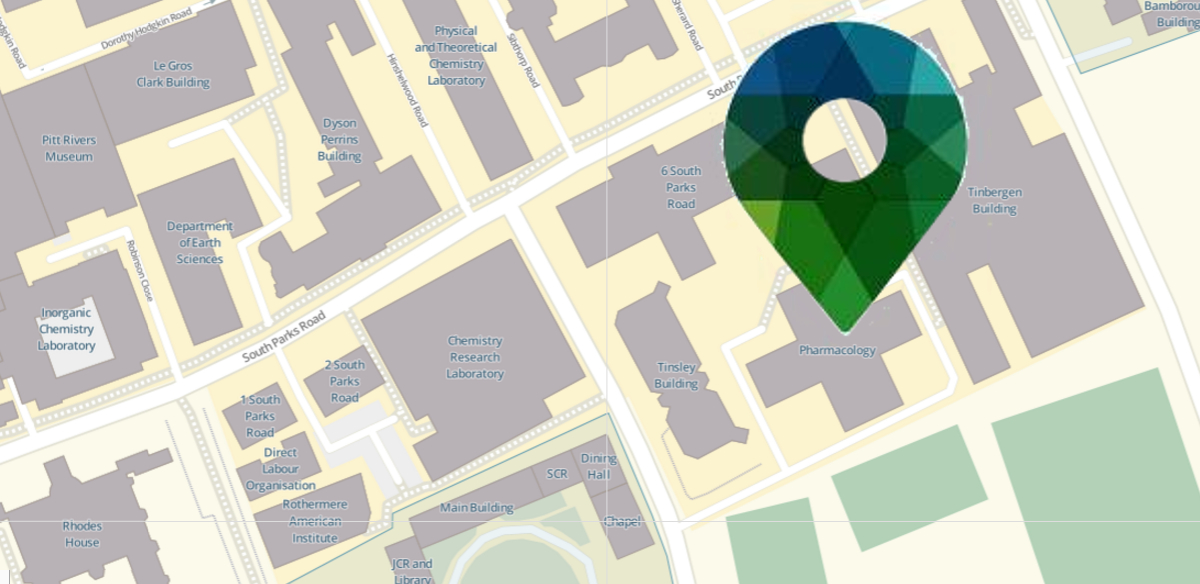Oxford University's Department of Pharmacology has been recognised as one of the key centres in the history of UK drug research and development.
The UK has an illustrious history of discovering drugs that have treated and saved the lives of countless people around the world. In recognition of those successes, the British Pharmacological Society each year selects and highlights sites in different locations around the UK where academic institutions and pharmaceutical companies have made a significant contribution to improving human health.
Called UK Pharmacology on the Map, the scheme sees MPs, peers and senior members of the scientific community voting for sites shortlisted by the Society's members. At a parliamentary reception, Stephen Metcalfe MP revealed the names of the 2015 winning sites, including the The Department of Pharmacology at University of Oxford.
Our aim is that today's teaching and research – and tomorrow's – will justify our place on the map as much as that done in the past.
Professor Nigel Emptage, Department of Pharmacology
Established in 1912, the pharmacology department in Oxford has produced an eminent international scientific family including Nobel Prize winner Sir John Vane, Harold Burn, Sir William Paton, Edith Bulbring, Hugh Blaschko and Miles Vaughan-Williams who were responsible for a range of important drug discoveries.
Professor Nigel Emptage, head of the Department of Pharmacology, said, 'The whole Department of Pharmacology at Oxford is proud of the history of discovery and scientific advancement that has placed us on the UK pharmacology map. We strive to build on that history to make discoveries that will benefit humanity well into the future, focussing on precision research for an era of precision medicine. Our aim is that today's teaching and research – and tomorrow's – will justify our place on the map as much as that done in the past.'
The Department joins two other Oxford locations on the map. In 2014, Oxford's Dunn School of Pathology was recognised for its role in the development of penicillin and in 2013 Wadham College was added to the map as the place where the British Pharmacological Society was founded in 1931.
Other sites chosen this year were London's Institute of Cancer Research, for developing the first chemotherapy drugs, and the William Harvey Research Institute, founded by Nobel Laureate and Oxford pharmacology graduate Sir John Vane, and the Frythe, in Welwyn, which discovered cimetidine, widely recognised as the first ever $1 billion drug.
Speaking at the reception, Professor Humphrey Rang, president of the British Pharmacological Society, said, 'These sites are the 'blue plaque' places where some of the major discoveries in Pharmacology have been made, leading often to the development of important new medicines.'
